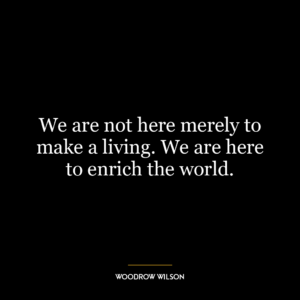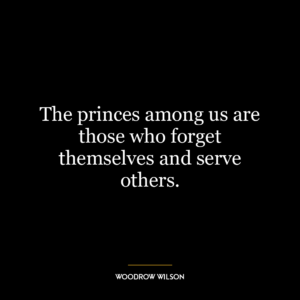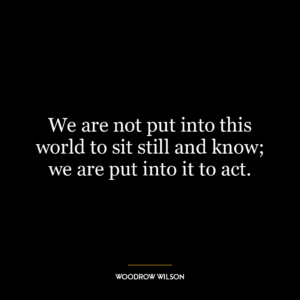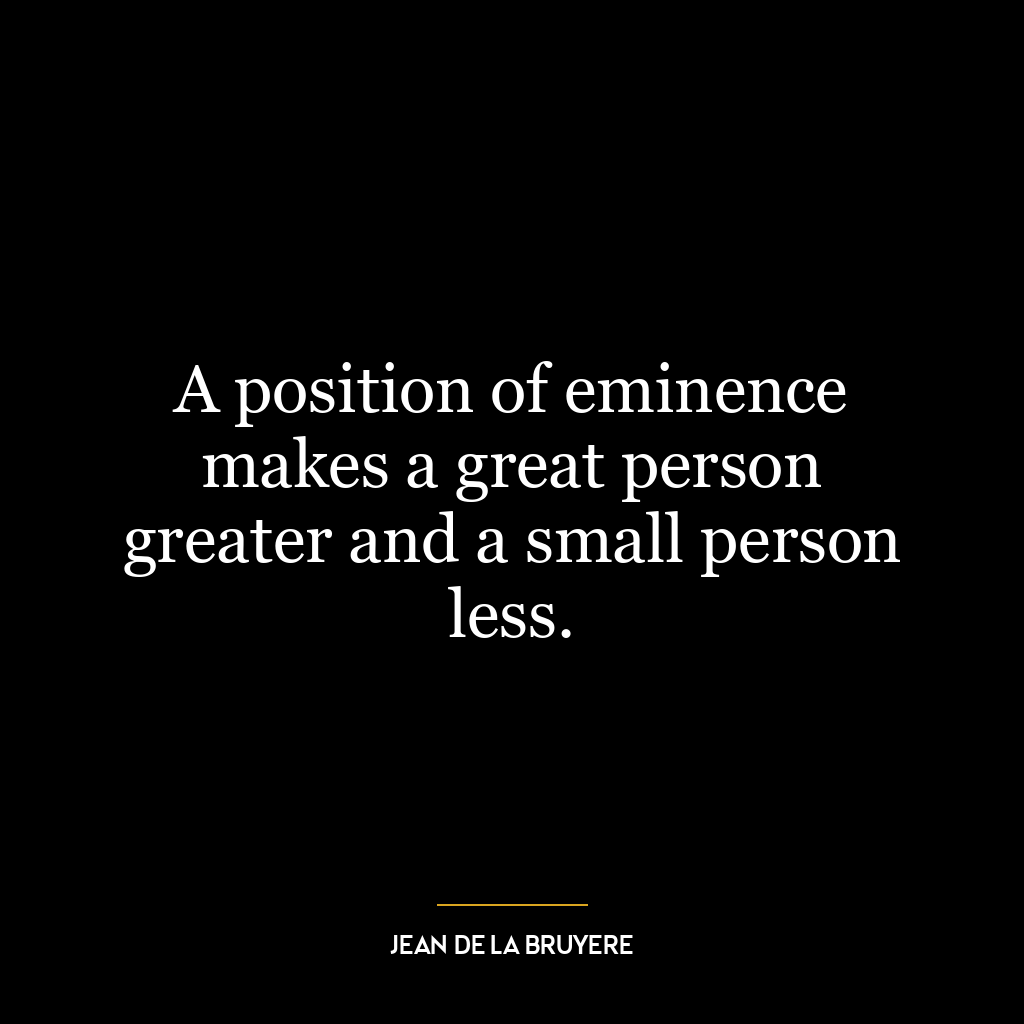This quote suggests that leaders, specifically those in political roles, must align their actions and decisions with the desires and needs of the people they represent. If they fail to do so, they risk losing their position or power. This could be due to various factors such as public outrage, loss of support, or even political upheaval. Essentially, it underscores the importance of democracy and the power of collective will in shaping political landscapes.
The “bend” in the quote signifies flexibility and adaptability. Leaders must be able to adjust their policies and strategies based on the evolving needs and demands of their constituents. The “broken” refers to the potential consequences of failing to heed the public’s will, which can range from loss of credibility and respect to being ousted from their position.
This idea is very much applicable in today’s world. In a democratic society, leaders who ignore the collective will of the people often face serious backlash. This can be seen in the form of protests, social media campaigns, and in some cases, even impeachment or removal from office. It emphasizes the importance of leaders being in tune with the needs and wants of their constituents, and making decisions that reflect these.
On a personal development level, this quote can be interpreted as a reminder of the importance of empathy, understanding, and responsiveness in leadership roles. Whether you’re a team leader at work, a community leader, or even a leader in your own family, it’s important to consider the needs and wishes of those you’re leading. Failing to do so can lead to conflict, loss of respect, and ineffective leadership. Therefore, being able to “bend” and adapt to the needs of others is a crucial leadership skill.















